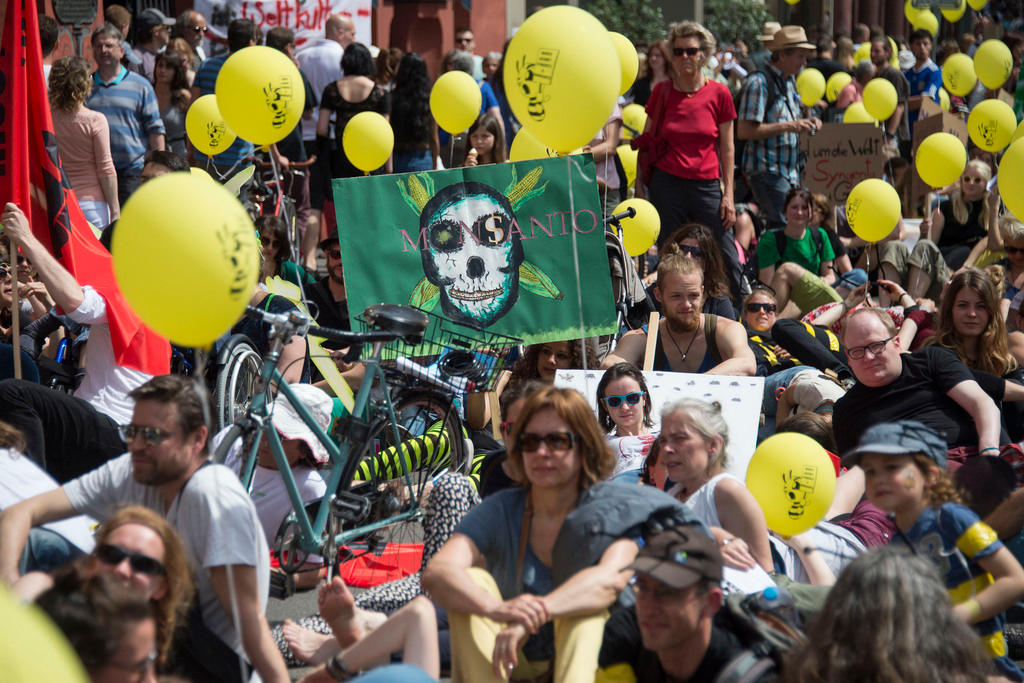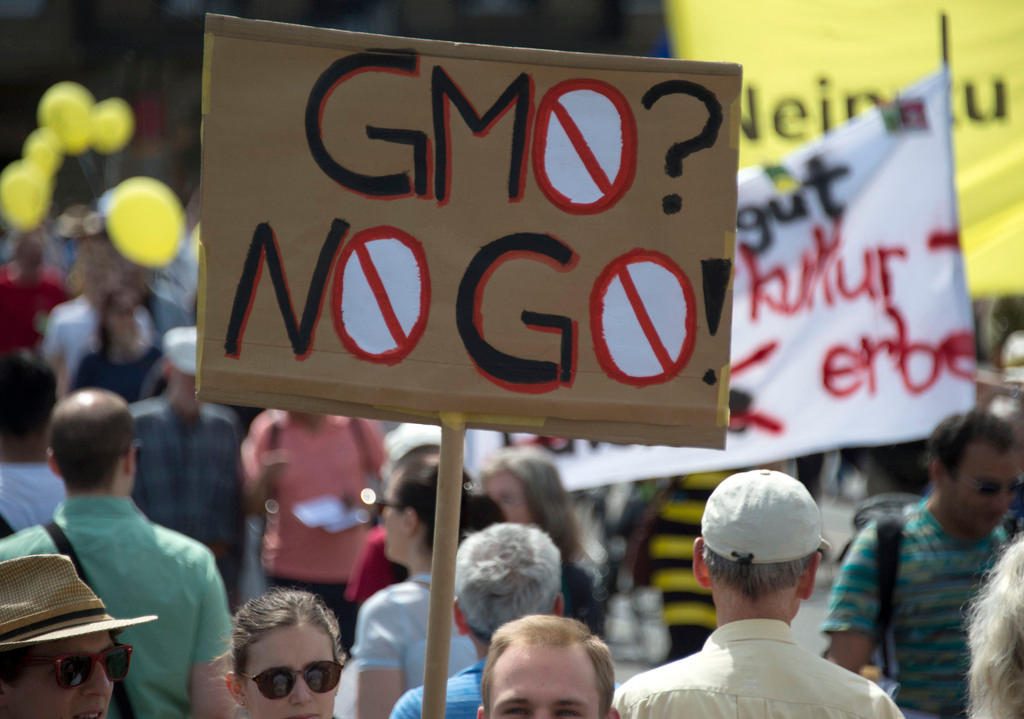No Swiss ban for weed-killer glyphosate

Swiss farmers can continue to use the weed-killer glyphosate, which has been at the centre of a fierce row over its safety and possible cancer risk.
The House of Representatives has rejected a petition from various organisations such as Greenpeace and the Consumers’ Association for French-speaking Switzerland, which have been calling for a ban on the use of all synthetic chemical pesticides, such as the weed-killer ingredient glyphosate.
A majority of parliamentarians said on Friday there was insufficient scientific evidence to justify a ban on the general use of glyphosate, especially for farming. The Swiss government is due to publish a study on the impact of glyphosate in Switzerland.
In July the European Union granted a temporary extension of its approval for the weed-killer, pending further scientific study, after a proposal for full licence renewal met opposition from member states and campaign groups.
On Thursday, the European Food Safety Authority (EFSA) announced it would release data from some of the scientific studies it had reviewed in its assessment of glyphosate, an ingredient in US multinational Monsanto’s widely used herbicide Roundup. It was not immediately clear when the information would be released.
Glyphosate, which is used in Roundup as well as other companies’ weed-killers, is at the heart of a dispute in Europe and United States about whether its wide-spread use as a weed-killer on crops could heighten cancer risks.
Monsanto has long defended the safety of its herbicide, saying the renewal of glyphosate’s licence in Europe was vital to European farmers.
Mixed messages
In March 2015 the International Agency for Research on Cancer (IARC), part of the World Health Organization (WHO), said glyphosate was “probably carcinogenic”.
This finding was at odds with previous risk assessment in Germany and the United States and was followed seven months later by EFSA’s own assessment of glyphosate as “unlikely to pose a carcinogenic hazard to humans”.
Some campaign groups have suggested EFSA was influenced by studies backed by Monsanto, which experts say could stand to lose out on up to $100 million (CHF97 million) in sales of its weed-killer if it were banned in Europe.
According to data published by IARC, glyphosate is registered in “over 130 countries as of 2010” and is one of the most heavily used weed-killers in the world.

In compliance with the JTI standards
More: SWI swissinfo.ch certified by the Journalism Trust Initiative

You can find an overview of ongoing debates with our journalists here. Please join us!
If you want to start a conversation about a topic raised in this article or want to report factual errors, email us at english@swissinfo.ch.